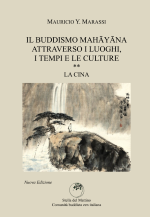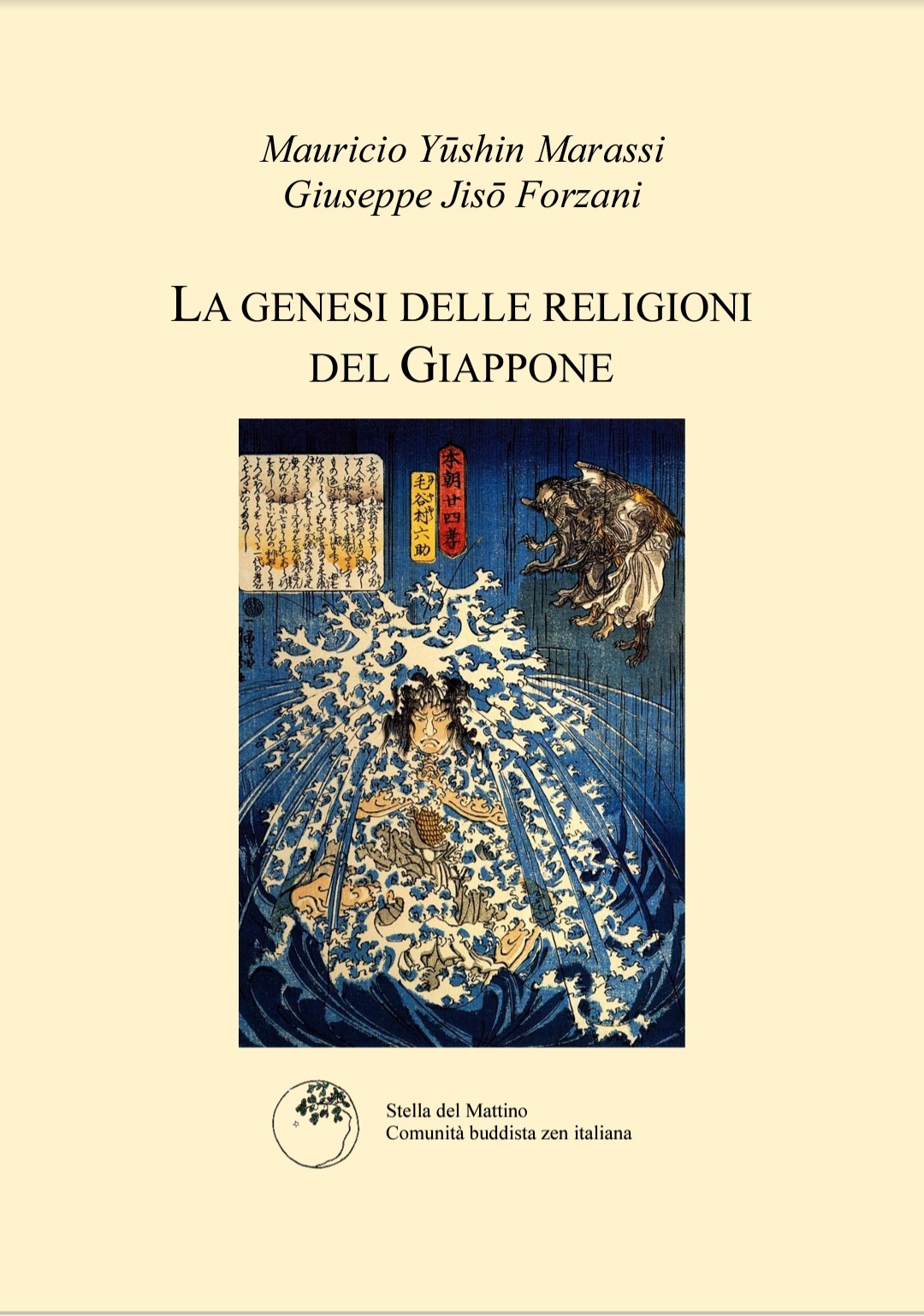Walking along on a crisp autumn day, the long sleeves of my black robe billowing in the wind, there really couldn’t be any greater feeling of elegance than that. In Kyoto, most offerings are monetary, although sometimes other things appear in the bowl. There was one elderly lady who used to call me into her home where she would go back in the kitchen and bring out two fistfuls of rice and empty it into my bag. I could never help thinking, if only her hands were a little bigger. On the other hand, to receive a lot of rice would make the bag around my neck a lot heavier and I would wind up going home with stiff shoulders. Besides rice, I would sometimes get a baked potato from the baked potato man or a sweet cake a street vendor. A nun who lived in a separate house on the grounds of Antaiji used to come home with all kinds of things. One time she even brought back a fish. Monks are never that lucky, although one time I did receive four loaves of bread. It made me very happy, but the thing is, four loaves of bread won’t fit into the black bag. On top of that, I had just begun the day’s walk, so I couldn’t quit and head back to the temple. Thankfully, the sleeves on our black robes are very long, so tucking away a few loaves of bread was not all that difficult. Sometimes I will be standing in front of a shop and the owner will duck back inside as soon as he spots me. Then just when I think, well, no luck here, the owner reappears holding a small child who is holding tightly to a coin until she drops it into my bowl. This has happened frequently over the years and it always makes me feel good about Kyoto. Surely, when the parent himself was once a little boy, his father must have given him a coin to put into some monk’s bowl. This is truly one of the wonderful things about this city. One time when I was out walking, I was passing a woman holding an infant who was in turn holding a coin in his hand that was no larger than a leaf of one of those Japanese dwarf maple trees. The infant smiled and let the coin fall into my bowl. Surprised by how young my benefactor was, I asked the woman about the child. She replied that the baby was just forty days old. I was both touched by the loveliness of the gesture and grateful by this woman’s very warm spirit of teaching an infant to give money to a monk on takuhatsu. When I was out on takuhatsu one day, a small boy put some dirt into my bowl. I chanted the usual prayer of thanks as I accepted his offering. I was reminded of the story of how a child put sand Shakyamuni Buddha’s bowl when he was out on takuhatsu one day. As he was passing near a child who was playing house, the child looked up and immediately gave him one of her sand cakes. Shakyamuni accepted the donation and when he returned to the monastery, during the subsequent work period he had the sand mixed in with the wall plaster. It is said that the boy who put the sand in his bowl became the great king Ashoka in a latter life. Then, a second child came up to me and did the same, and another and another, until five or six children had put dirt in my bowl, which I continued to empty into my bag. And, of course, in front of each child, I recited the same prayer. They were just delighted by all this, although in the back of my mind I was thinking that there were just too many King Ashokas that day. Another day I was on a roll and ten-yen coins were falling in my bowl one after another. Standing in front of a shop, the owner came out and gave me ten yen and I began reciting the prayer of thanks. As I was reciting it, a passerby dropped another ten-yen coin in the bowl and no sooner had I begun the prayer again, when another passerby added ten more yen. Hardly was I finished with these when I turned to face the next person and, bingo, another ten yen. After the donations kept rolling in without a break, I couldn’t help myself and I just burst out laughing. As they say, it was the best of times. I feel grateful for being unable to stop laughing over receiving four ten-yen coins. This is a joyful moment for a monk on takuhatsu, especially when there are so many people who have plenty of money and still can’t be satisfied. Then again, there were also times like the following. I had been out walking for about an hour and virtually no one looked my way. Every once in a while, someone might toss in a one or two yen coin. After an hour of this, there was barely 30 yen in my bowl. Although it was a lousy route, rarely had it gotten that bad, so I recited my “first comes bad luck, then comes the good” mantra to myself. But good luck never came around, so I finally just went home. Shortly after that, I went to visit my brother at his home. His daughter was pleading with her mother to give her something. I told her not to be so greedy, there are days when I walk around for an hour and only get thirty yen. Surprised to hear such a thing, my sister, who was also there, said, “Oh, I’ll donate money for takuhatsu,” and proceeded to give me a thousand yen. Then my brother who heard our conversation from the next room, spoke up, “Hey, me, too,” and came and gave me another thousand yen. The next day when I related this story to a friend, he pitched in and also gave me a thousand yen. So, just about the time I was thinking how strange it was that my thirty yen had now become ¥3,030, an executive heard my tale and added ten thousand yen to the pot! So, my “only thirty yen in one hour” story had now grown to ¥13,030 yen! Who can figure out the meaning of money in the world these days?
Back
Se volete, lasciate un commento.
You must be logged in to post a comment.







